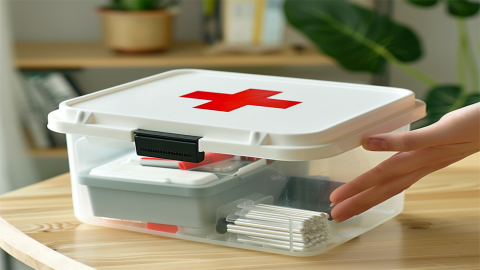Can aspirin treat mild cerebral infarction?
In general, stroke refers to cerebrovascular accident (CVA). Common dosage forms of aspirin include tablets, capsules, and injections. If a minor stroke is caused by rupture of atherosclerotic plaques, aspirin is usually effective. However, if the minor stroke is caused by cardiogenic embolism, aspirin is generally ineffective. Detailed explanation is as follows:

Minor strokes typically include transient ischemic attack (TIA) and mild cerebral infarction. Aspirin belongs to antiplatelet drugs and works by inhibiting platelet aggregation, thereby preventing thrombus formation or further thrombus development. In cases of minor stroke caused by rupture of atherosclerotic plaques leading to platelet aggregation and subsequent thrombus formation, aspirin can reduce platelet activity, lower the risk of thrombus formation, help restore cerebral blood supply, decrease the recurrence rate of stroke, and improve patient prognosis.
If a minor stroke is caused by cardiogenic embolism, using aspirin alone may not achieve effective results, and anticoagulant medications may be required for treatment. Additionally, for existing minor strokes, aspirin alone may not fully reverse the already occurred cerebral ischemic damage and other pathological changes; therefore, treatments such as improving cerebral circulation, providing neuroprotection, and rehabilitation therapy may also be needed.
During use, medication should be taken under medical guidance, with attention to drug interactions and monitoring for adverse reactions.










